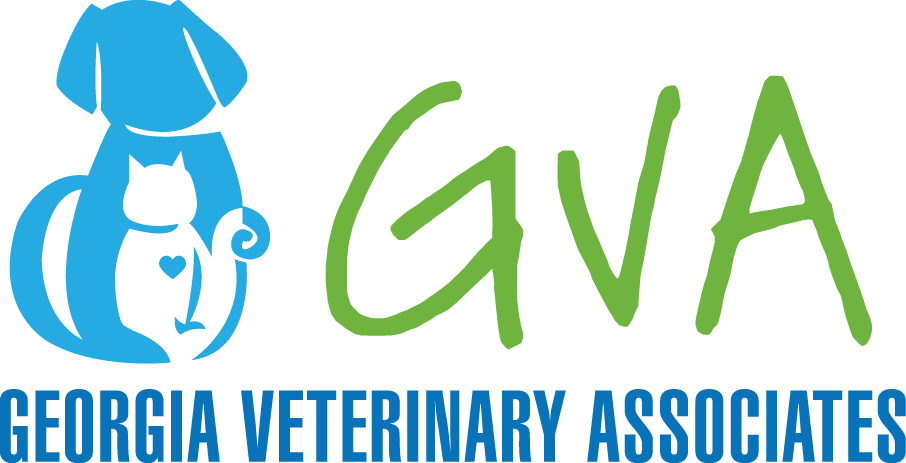Every year on November 1, pet owners grab their aprons and get to work in the kitchen making a special home-cooked meal for their family pets. On National Cook for Your Pets Day, four-legged family members are treated to the “human food” they so often smell at dinner time but rarely have the luxury of eating. And as veterinarians, we’d like to point out that we generally believe that well-formulated pet food made by a brand with nutritionists on staff is the way to go (more on that later), but we’re never ones to turn down a fun holiday! On this annual day when kibble is tossed aside for something more savory, it’s important to remember the dos and don’ts of feeding your pet homemade food.
Foods That are Potentially Poisonous to Pets
Some foods aren’t just discouraged — they’re potentially fatal to your precious pet despite being healthy for humans. While we’ve included a comprehensive list of foods to avoid below, the AVMA has identified the top seven foods to always avoid feeding your pet.
Avoid the following foods in the special meal you plan for your pets:
- Apple seeds
- Avocado
- Xylitol sweetener
- Chocolate
- Coffee
- Garlic
- Grapes
- Macadamia nuts
- Milk
- Onions and onion powder
- Raisins
- Tomato leaves and stems
- Walnuts
- Yeast dough
If you’re not 100% sure a particular food is safe for your pet, always consult your veterinarian to confirm and never rely on Google – there is plenty of pet misinformation online.
Foods That Have the Green Light for Pets
There is a sizable list of human foods that can prove beneficial for your cat or dog, many of which are incorporated into meals regularly by pet owners who have chosen to feed their pets homemade food.
Foods that are acceptable for pets to eat include:
- Salmon
- Bread
- Eggs
- Spinach
- Chicken
- Turkey
- Broccoli
- Peanut butter
- Cottage cheese
- Cantaloupe
- Oatmeal
- Bananas
- Pumpkin
- Blueberries
- Apples
Keep Quantities Small
Remember that your pet isn’t used to eating human food regularly, so keep the quantity small. Their digestive systems are vastly different from humans, and typical human food is far too rich and fatty for them to digest properly. Too much human food can lead to vomiting, diarrhea, pancreatitis, and more illnesses in your dog or cat that make them very uncomfortable.
Benefits of Cooking for Your Pets
While there’s plenty of fear-mongering online regarding pet food options for cats and dogs, with many claims of unnatural ingredients and inadequate nutrients, most pet foods are carefully crafted to be nutritionally balanced for the sake of our pets’ long-term health. However, home-cooked meals that utilize a variety of natural, whole foods can also be beneficial for your pets. Knowing exactly what’s going into their meals provides you with more control over their diet, can help alleviate food intolerance issues, and avoids any problems with pet food recalls. The bonus of cooking for your pet is the happiness and joy you bring to their food bowl every day.
Drawbacks of Cooking for Your Pets
Just as there are benefits to cooking for your pets, there are drawbacks as well. The number one concern among veterinarians regarding homemade pet food is ensuring it’s of adequate nutritional value. Nutritional deficiency can lead to obesity or malnutrition and shorten your pet’s lifespan. There is a long list of 40 essential nutrients that pets need, each having a specific role in their body functions. When not provided in adequate amounts, those body functions won’t operate as they should and can lead to health issues. The American Kennel Club provides pet owners with another comprehensive look at the dos and don’ts of homemade dog food.
On this National Cook for Your Pets Day, be sure to consult with us or your own veterinarian before deciding on a meal — and avoid ending this special day with a trip to our clinic by serving something disagreeable to their digestive system.
